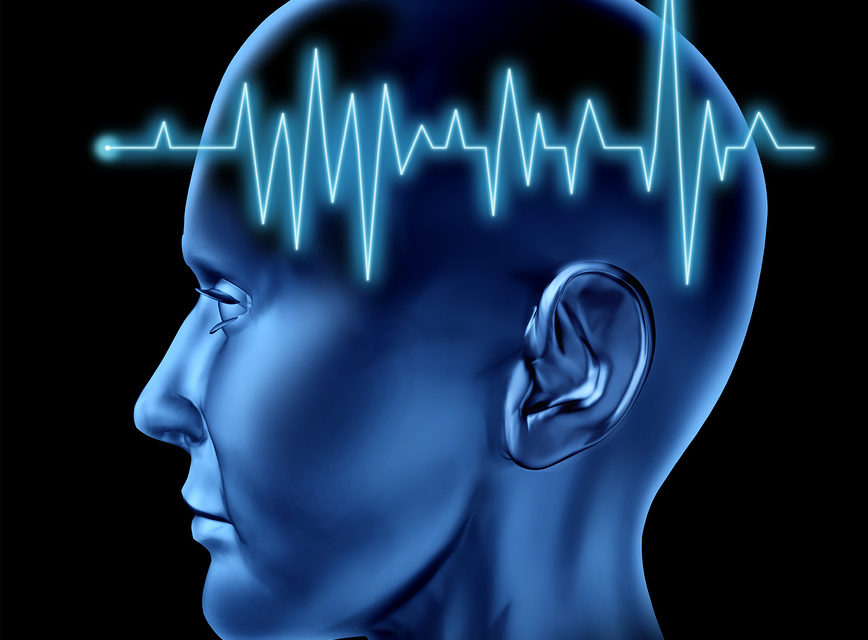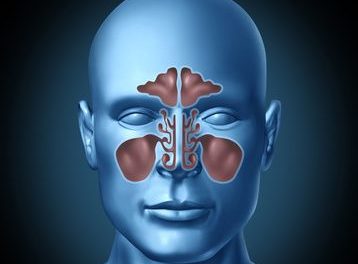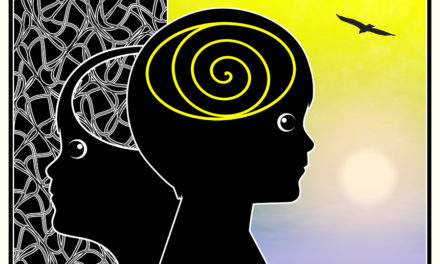We grew up hearing that fish was “brain food”. It turns out that the omega-3 fatty acids found in fish may be very beneficial to the brain. Taking omega-3 fatty acids may have a beneficial effect on cognition, mood, learning, child development and even ADHD.
Research that appeared in the Journal of Child Health Care (e-published ahead of print Aug 9, 2011 doi: 10.1177/1367493511403953) measured omega-3 fatty acid levels in children with ADHD and in children with ADHD coupled with a learning disability. Researchers found that children with learning difficulties tended to have lower DHA (an omega-3 fatty acid) levels than children without a learning difficulties. Students with high levels of DHA (measured in the red blood cells by researchers) tended to have less anxiety and better word recall than children with higher levels of omega-6 fatty acids. High omega-3 fatty acid levels also correlated with better reading and spelling ability.
Other research looked at 96 boys between the ages of six and 12 and their omega-3 levels and the relationship between learning and behavior. The study appeared in Psychology and Behavior (1996;59(4-5):915-920). It found a relationship between low omega-3 fatty acid levels and problems with learning, behavior, and with health problems in general. Interestingly, more colds and antibiotic use was noted in children with low omega-6 fatty acid levels.






